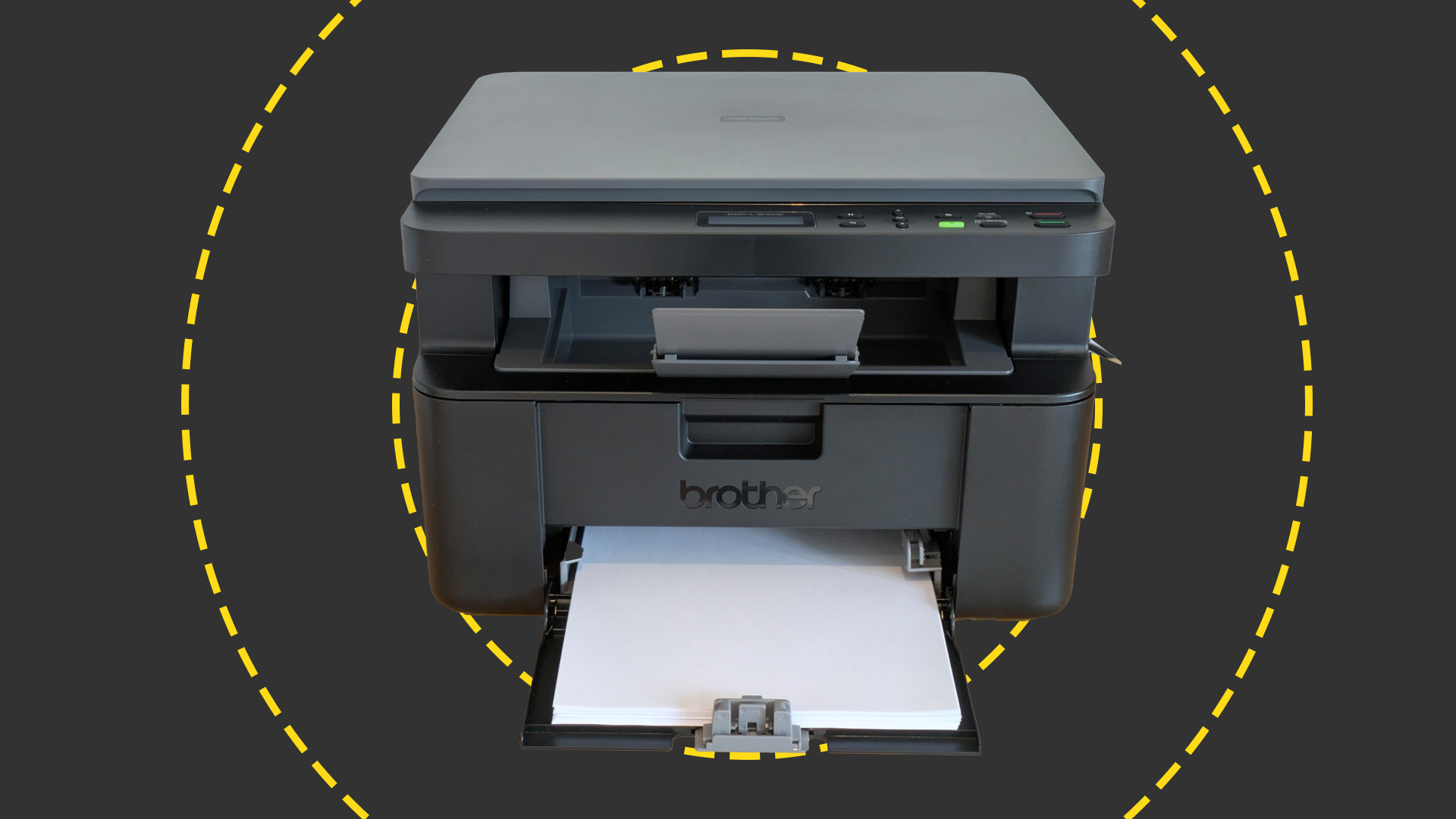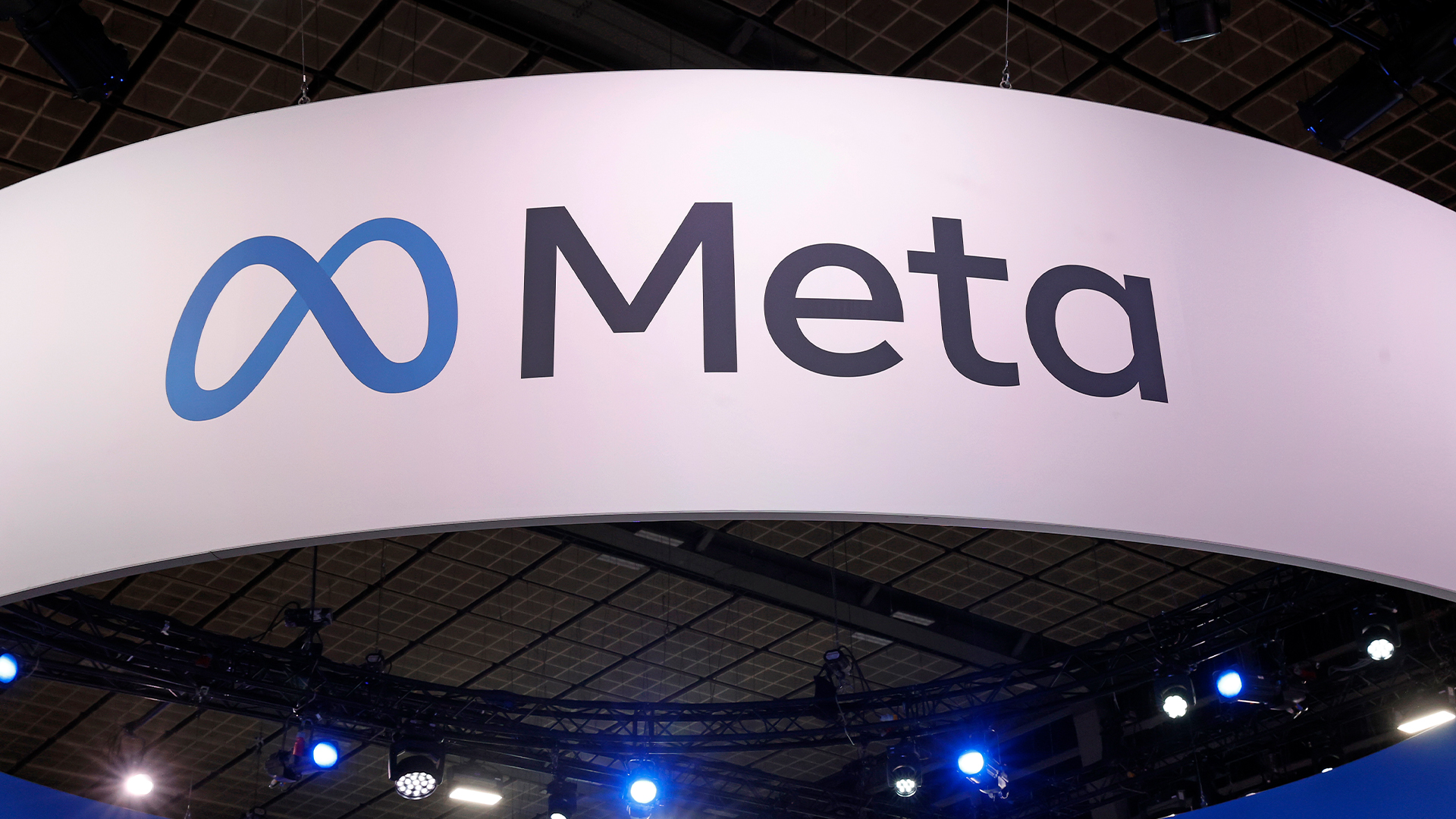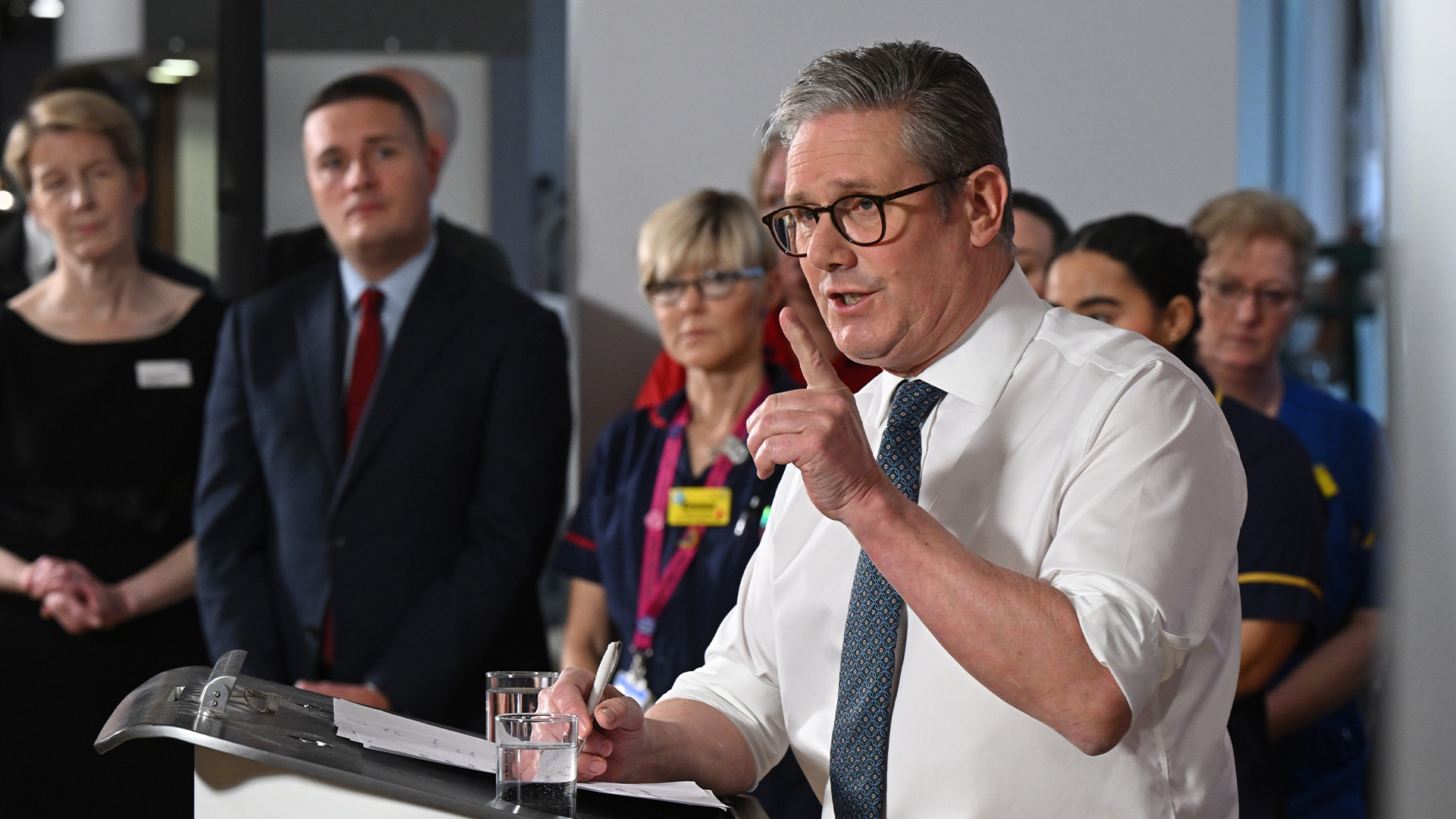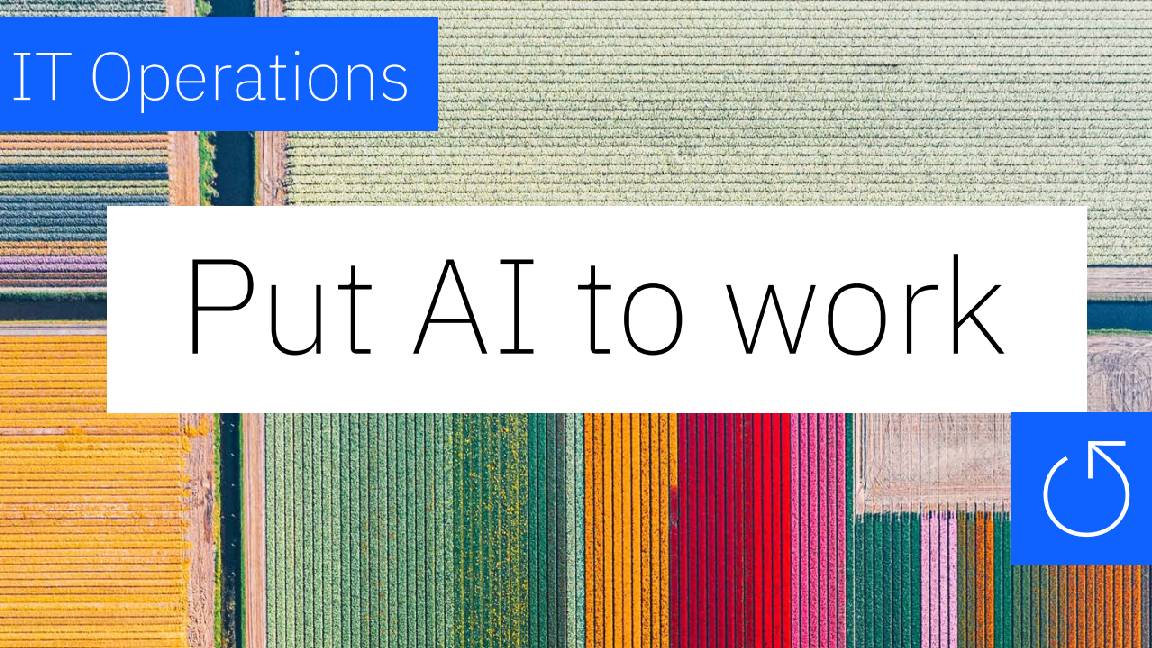Government calls on IT suppliers to cut costs
The coalition is continuing its efficiency drive by asking its top IT suppliers to find ways of cutting costs.


The Government has asked its top IT suppliers to find ways of cutting costs in an effort to decrease the UK's deficit.
Cabinet office minister and chair of the newly formed Efficiency and Reform group (ERG), Francis Maude, met with chief executives (CEOs) from the 19 biggest Government IT suppliers today to discuss ways of lowering prices on IT contracts.
"Given the really difficult economic climate we now face, we have to do everything we can to deliver better value for money for taxpayers and that involves taking some tough decisions," claimed Maude.
"I am laying down the challenge to major Government suppliers to ask them what they can do to take costs out of contracts. Some of this will come out of margins, but we will also invite ideas on how we can structure things differently to reduce complexity and cost."
Companies involved in the talks include HP, BT, Capgemini, IBM and Vodafone.
However, not all of the IT industry is so positive about the move.
Ferenc Szelenyi, vice president of public sector services in EMEA for Dell, thinks the plans by Maude could damage the relationship between the Government and its IT contacts.
Sign up today and you will receive a free copy of our Future Focus 2025 report - the leading guidance on AI, cybersecurity and other IT challenges as per 700+ senior executives
"What the Government fail to understand is that the main benefit of an outsourcing relationship enables them to focus on the work that is core to their value proposition," he said.
"The most successful outsourcing relationships are those that lead to long- term value creation for both parties. It is critical that the Government never lose sight of the fact that the relationship is a bilateral one."
Szelenyi added: "Just as the Government seeks to save money, reduce risk, and/or enhance the quality of its operations, the service provider seeks to earn a profit, build on its service capabilities, and leverage its growing expertise for the future."
It isn't just about what companies want to do, however, and the Government today announced another initiative to enable the public to get involved with how cuts are taken.
Prime Minister David Cameron has teamed up with the creator of Facebook, Mark Zuckerberg, to set up a group on the popular social network where citizens can made their voices and suggestions heard.
In a video conference broadcast on the Number 10 website, Cameron said: "The idea of using a social networking site to help harness people's ideas on how we save money, how we get value for money, and how we meet this huge challenge I think is a great one."
"Normally if Government wants to engage with people, we would probably spend millions of pounds, even billions of pounds on own website. With (Facebook's) help we are basically getting this public engagement for free. That is quite a good start for saving money."
Zuckerberg also claimed to be excited about what this new method could bring to the UK.
He said: "We're really delighted to be in this partnership with you guys in order to harness the energy and the ideas that Facebook users have in order to help the UK public save money."
"It is a really innovative thing that you guys are doing, trying to open up policy making and engage the public in this way to try to create more social change."
Jennifer Scott is a former freelance journalist and currently political reporter for Sky News. She has a varied writing history, having started her career at Dennis Publishing, working in various roles across its business technology titles, including ITPro. Jennifer has specialised in a number of areas over the years and has produced a wealth of content for ITPro, focusing largely on data storage, networking, cloud computing, and telecommunications.
Most recently Jennifer has turned her skills to the political sphere and broadcast journalism, where she has worked for the BBC as a political reporter, before moving to Sky News.
-
 Can the ‘microshifting’ trend work in the tech sector?
Can the ‘microshifting’ trend work in the tech sector?In-depth Research shows that employees want to break up their working days into short, flexible blocks – here’s how tech leaders can implement what’s being coined as ‘microshifting’
-
 Brother DCP-L1640W review
Brother DCP-L1640W reviewReviews This compact mono laser multifunction looks perfect for home workers, but is its appeal more than skin-deep?
-
 The UK government is working with Meta to create an AI engineering dream team to drive public sector adoption
The UK government is working with Meta to create an AI engineering dream team to drive public sector adoptionNews The Open-Source AI Fellowship will allow engineers to apply for a 12-month “tour of duty” with the government to develop AI tools for the public sector.
-
 ‘Archaic’ legacy tech is crippling public sector productivity
‘Archaic’ legacy tech is crippling public sector productivityNews The UK public sector has been over-reliant on contractors and too many processes are still paper-based
-
 Public sector improvements, infrastructure investment, and AI pothole repairs: Tech industry welcomes UK's “ambitious” AI action plan
Public sector improvements, infrastructure investment, and AI pothole repairs: Tech industry welcomes UK's “ambitious” AI action planNews The new policy, less cautious than that of the previous government, has been largely welcomed by experts
-
 Put AI to work for IT operations
Put AI to work for IT operationswhitepaper Reduce the cost and complexity of managing hybrid applications
-
 AI in the retail industry is spreading beyond the IT department
AI in the retail industry is spreading beyond the IT departmentNews AI has become a strategic imperative for retailers, delivering marked productivity gains
-
 Maximizing contact center operations with generative AI assistants backed by responsible AI principles
Maximizing contact center operations with generative AI assistants backed by responsible AI principleswhitepaper Reduce the cost and complexity of managing hybrid applications
-
 UK government trials chatbots in bid to bolster small business support
UK government trials chatbots in bid to bolster small business supportNews The UK government is running a private beta of a new chatbot designed to help people set up small businesses and find support.
-
 IBM just launched powerful new open source AI models – here’s what you need to know
IBM just launched powerful new open source AI models – here’s what you need to knowNews Available under the Apache 2.0 license, IBM's Granite 3.0 models are trained on enterprise data and can out-perform the competition
